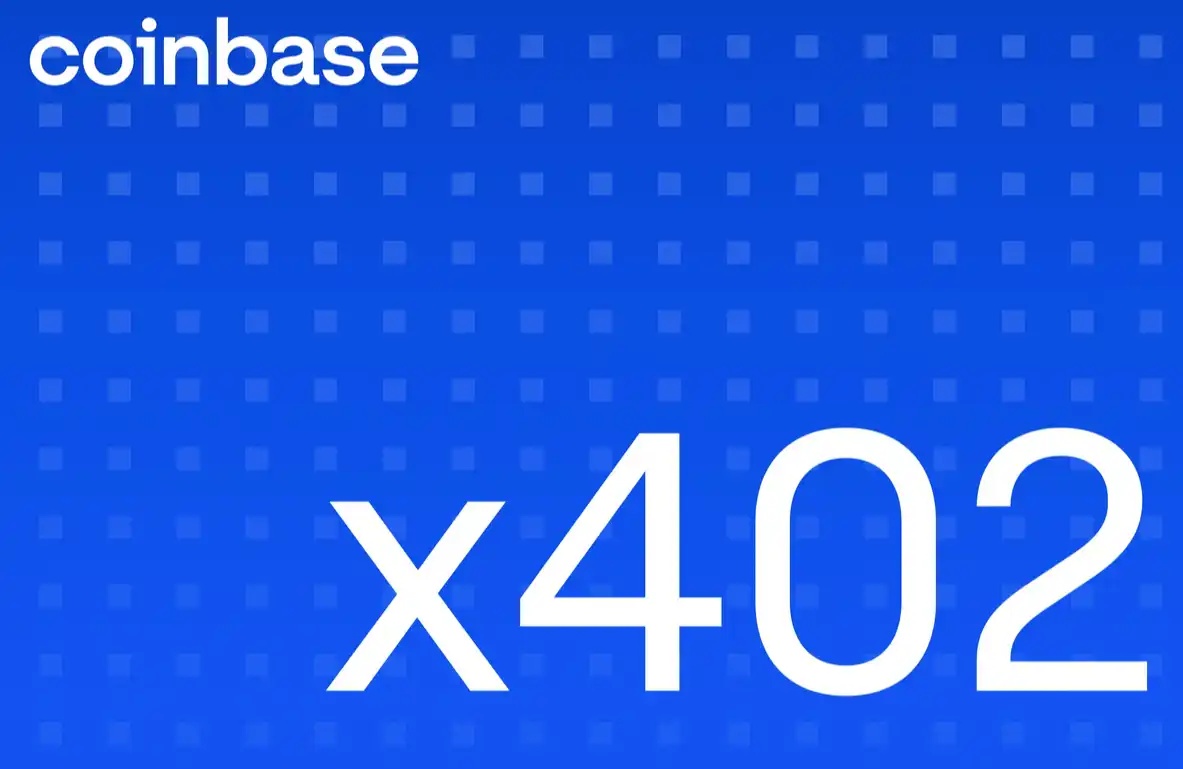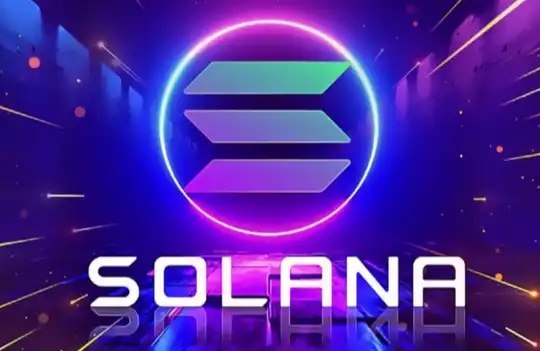Unpacking Decentralized Science (DeSci): Web3 is Laying the Groundwork for Open Science
Original title: " DAOrayaki|Why Decentralization Science Is Needed (With Latest Use Cases and Resources) "
Original author: Ethereum
Original compilation: Shaun @DAOrayaki.org, DAOrayaki
Decentralized Science (DeSci) is a movement to build public infrastructure for fair and equitable funding, creation, censorship using Web3 tools , credit, storage and dissemination of scientific knowledge.
DeSci aims to create an ecosystem that encourages scientists to share their research and work openly, While allowing anyone to easily access and contribute to research. DeSci's philosophy is that scientific knowledge should be accessible to everyone, and the process of scientific research should be transparent. DeSci is creating a more decentralized and distributed model of scientific research, making it more resistant to censorship and control by central authorities. DeSci hopes that by decentralizing funding, scientific tools, and communication channels, it will create an environment where new and unconventional ideas can flourish.
The science of decentralization allows for more diverse funding sources (from DAO, quadratic financing to crowdfunding, etc.), more accessible data and methodologies, offering repeatable incentives, etc.
How DeSci Improves Science
Incomplete list of key problems in science and how decentralized science can solve them
Funds allocated:
DeSci: Funding distribution is determined by the public using mechanisms such as quadratic funding or DAOs.
CeSci: Small, closed, centralized groups control the distribution of funds.
Collaboration:
DeSci: in a dynamic team with peers from all over the world cooperate.
CeSci: Funding organizations and bureaucracies limit collaboration.
Decision mechanism:
DeSci: Funding decisions are online and transparent. Explore new funding mechanisms.
CeSci: Funding decisions have long turnaround times and limited transparency. Few financing mechanisms exist.
Shared Research Resources:
CeSci: Sharing lab resources is often slow and opaque.
Access Permissions:
DeSci: New publishing models can be developed, using Web3 primitives to enable trust, transparency and universal access.
CeSci: Often published through inefficient, biased and exploitative established channels.
Peer Review:
DeSci: Token and reputation can be obtained through peer review work.
CeSci: Peer review is unpaid, benefiting for-profit publishers.
IP:
DeSci: Owns the intellectual property (IP) generated and distributes it under transparent terms.
CeSci: The institution owns the IP of the researcher, and the access to the IP is not transparent.
Published:
DeSci: Share all research, including unsuccessful data, by putting all steps on-chain.
CeSci: Publication bias means researchers are more inclined to share experiments with successful results.
Ethereum and DeSci
DeSci Use Case
DeSci is building a scientific toolset to bring Web2 academia into the digital world. Below are examples of use cases that Web3 can offer the scientific community.
Published
< /p>
Scientific publishing is notoriously problematic because it is managed by publishers, relying on the free labor of scientists, reviewers and editors to generate papers, and then charging exorbitant publication fees .
The public often pays for the work and publication indirectly through taxes, and often cannot access the same work without paying the publisher again. The total cost of publishing an individual scientific paper is often in the five figures (in dollars), undermining the whole notion of scientific knowledge as a public good while generating huge profits for a small group of publishers.
Free and open access platforms exist in the form of preprint servers, such as ArXiv. However, these platforms lack quality control and anti-sybilization mechanisms, and often do not track article-level metrics, meaning they are often only used to promote works prior to submission to traditional publishers. SciHub also allows free access to published papers, but not legally, and only after the publisher has charged a fee and included the work in strict copyright legislation. This leaves a critical gap for accessible scientific papers and data with embedded legitimacy mechanisms and incentive models. The tools to build such a system exist in Web3.
Reproducibility and Reproducibility
Reproducibility and reproducibility are the foundation of high-quality scientific discovery. Repeatable results can be obtained multiple times in a row by the same team using the same method. Reproducible results can be achieved with different groups using the same experimental setup. New Web3-native tools ensure reproducibility and replicability are the foundation of discovery. We can integrate quality science into the technological fabric of academia.
Web3 provides the ability to create proofs for each analysis component: raw data, calculation engine and application results. The beauty of a consensus system is that when a trusted network is created to maintain these components, each network participant can be responsible for replicating computations and verifying each result.
Funds
< /p>
The current standard model for funding science is for an individual or group of scientists to submit a written application to the funding agency. Applications are scored by a small group of trusted individuals, candidates are then interviewed and funds are allocated to a small group of applicants. In addition to creating bottlenecks that sometimes lead to years of waits between applying and receiving funding, this model is highly susceptible to review panel bias, self-interest, and politics.
Studies show that grant review panels do a poor job of selecting high-quality proposals because submissions The same proposal to different groups can have very different results. As funding has become increasingly scarce, it has been funneled into a smaller, more senior pool of researchers who gravitate toward more intellectually conservative projects. This influence creates a competitive funding environment that reinforces perverse incentives and stifles innovation.
Web3 has the potential to disrupt this by extensively experimenting with different incentive models developed by DAOs and Web3 Broken financing model. Traceable Public Goods Funding, Quadratic Funding, DAO Governance and Token Optimizing incentive structures are some of the Web3 tools that could revolutionize science funding.
Intellectual Property Ownership and Development
Intellectual property (IP) is a big problem in traditional science: from being stuck in universities or not being used in biotechnology, to being notoriously hard to value. However, ownership of digital assets such as scientific data or articles is something Web3 does very well with NFTs.
Just like NFTs can give revenue from future transactions back to the original creator, you can build A transparent value attribution chain to reward researchers, management agencies (such as DAO), and even the subject of data collection.
The IP-NFT can also serve as a decentralized data repository for ongoing research experiments Key, and plugged into NFT and DeFi financialization (from fragmentation to loan pools and value assessment). It also allows native on-chain entities like DAOs like VitaDAO to conduct research directly on-chain. Non-transferable "soul binding" Token The emergence of DeSci may also play an important role in DeSci, which allows individuals to attest to their experience and credentials associated with their Ethereum addresses.
Data storage, access and architecture
Using Web3 patterns can make scientific data more accessible and distributed storage will enable research to survive catastrophic events.
The starting point must be accessible to any decentralized identity holding appropriate verifiable credentials system. This allows trusted parties to securely replicate sensitive data, enabling redundancy and censorship resistance, reproducibility of results, and even the ability for multiple parties to collaborate and add new data to datasets. Confidential computing methods such as compute-to-data provide alternative access mechanisms for raw data replication, creating a trusted research environment for the most sensitive data.
A flexible Web3 data solution supports the above scenarios and lays the foundation for true open science , researchers can create public goods without access rights or fees. Web3 public data solutions like IPFS, Arweave, and Filecoin are optimized for decentralization. For example, dClimate provides universal access to climate and weather data, including data from weather stations and predictive climate models.
Related resources
1. Atoms: smart contract peer -review)
https://www.atoms.org/
2. dClimate API: query climate data collected by a decentralized community https://api.dclimate. net/
3. DeSci Foundation: DeSci publishing tool builder https://descifoundation.org/
4. DeSci.World: one-stop shop for users to view, engage with decentralized science https://desci.world/
5. Molecule: Fund and get funded for your research projects https://discover.molecule.to/
6. OceanDAO: DAO governed funding for>7. Opscientia: open decentralized science workflows https://opsci.io/research/
8. LabDAO: fold a protein in-silico https://alphafodl.vercel.app/
9. Bio.xyz: get funded for your biotech DAO or desci project https://www.molecule.to/
10. ResearchHub: post a scientific result and engage in a conversation with peers https://www.researchhub.com/
11. VitaDAO: receive funding through sponsored research agreements for longevity research https://www.vitadao.com/
12. Fleming Protocol: open-source data economy that fuels collaborative biomedical discovery https://medium.com/@FlemingProtocol/a->13. Active Inference Lab https://www.activeinference.org/
14. Cherubs DAO: NFT funded and DAO governed impact fund for mental health & brain wellness https://cherubsdao.com/
Further reading
1. DeSci Wiki by Jocelynn Pearl and Ultrarare https://docs.google.com/document /d/1aQC6zn-eXflSmpts0XGE7CawbUEHwnL6o-OFXO52PTc/edit#
2. A guide to decentralized biotech by Jocelynn Pearl for a16z future https://future.a16z.com/a-guide-to-decentralized-biotech /
3. The case for DeSci https://gitcoin.co/blog/desci-the-case-for-decentralized-science/
4. Guide to DeSci https: //future.com/what-is-decentralized-science-aka-desci/
5. Decentralized science resources https://www.vincentweisser.com/decentralized-science
6. Molecules』s Biopharma IP-NFTs - A Technical Description https://molecule.to/blog/molecules-biopharma-ip-nfts-a-technical-description
7. Building Trustless Systems of Science by Jon Starr https://medium.com/@jringo/building-systems-of-trustless-science-1cd2d072f673
8. The Emergence of Biotech DAOs https://molecule.to/blog/the -emergence-of-biotech-daos
9. Paul Kohlhaas - DeSci: The Future of Decentralized Science (podcast) https://anchor.fm/andrew-steinwold/episodes/Paul-Kohlhaas--- DeSci-The-Future-of-Decentralized-Science---Zima-Red-ep-117-e1h683a
10. An Active Inference Ontology for Decentralized Science: from Situated Sensemaking to the Epistemic Commons https:/ /zenodo.org/record/6320575
< h3>Video
1. What's Decentralized Science? https://www.youtube.com/ watch?v=-DeMklVWNdA
2. Conversation between Vitalik Buterin and the scientist Aubrey de Gray about the intersection of longevity research and crypto https://www.youtube.com/watch?v=x9TSJK1widA
3. Scientific Publishing Is Broken. Can Web3 Fix It? https://www.youtube.com/watch?v=WkvzYgCvWj8
< a href="https://mp.weixin.qq.com/s/-RI61S4LzW-ymGpvh4lvwg" target="_blank">Original link
Welcome to join the official BlockBeats community:
Telegram Subscription Group: https://t.me/theblockbeats
Telegram Discussion Group: https://t.me/BlockBeats_App
Official Twitter Account: https://twitter.com/BlockBeatsAsia


 Forum
Forum Finance
Finance
 Specials
Specials
 On-chain Eco
On-chain Eco
 Entry
Entry
 Podcasts
Podcasts
 Activities
Activities
 OPRR
OPRR








